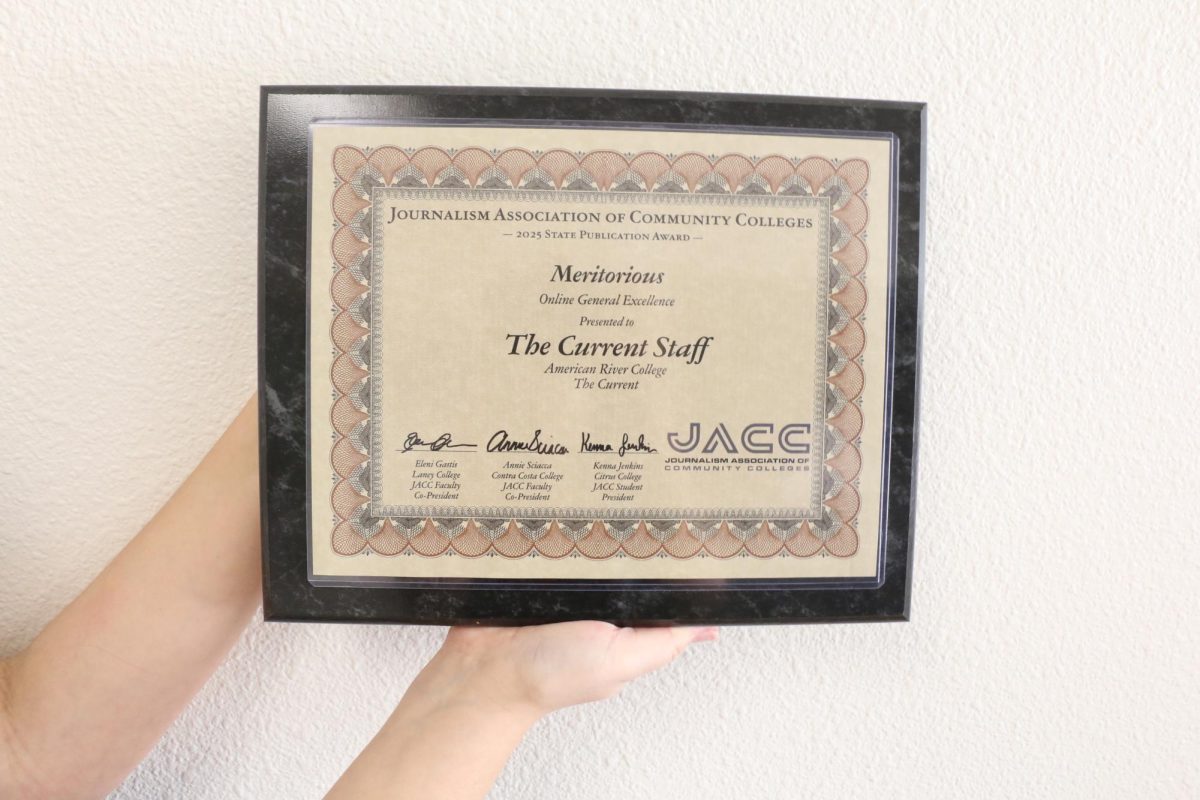Story by Joseph Daniels and Nicholas Corey
Nobel Prize winner Carol Greider, who will be speaking at American River College on March 16, was awarded after she discovered telomerase.
Telomerase is a section of repeated DNA that ‘caps’ the ends of the chromosomes to protect them from damage, and from shortening during copying of the DNA.
Greider will be speaking at several presentations discussing her discovery with school students and faculty.
“Because of the way in which we replicate your DNA, every time you make a copy of your genetic information in order to make a new cell, which you have to do many many times, the end of the chromosome will shorten,” said biology professor Rich Topinka in an email correspondence with the Current.
Topinka said there is an enzyme telomerase which can regulate this shortening.
“Telomerase can attach itself to the the end of the chromosomes, when telomere is no longer able to,” said Melody Schmid, a biology professor.
The discovery of telomerase has helped the development of understanding the aging process and cancer research.
“It’s complicated, but at least at the chromosome level, aging as well as stress leads to a shortening of the telomeres,” said Schmid. “Cancer takes advantage when telomerase isn’t active.”
Topinka said high levels of telomerase activity can be found in human cancers. The cells keep their chromosome caps intact which allows divisions and continued growth of the cancer.
ARC will be engraving a tree plaque dedicated to Greider’s mother, Jean Foley Greider, who died from cancer taught at the school during the 1960s.
“It is incredibly exciting that a scientist of Dr. Greider’s stature and with a personal connection to ARC is coming here to speak,” said Topkina.
Greider won the Nobel Prize with scientists Elizabeth Blackburn and Jack Szostak.
In order to register for the event, attendees must contact Christina Wagner in the Center of Teaching and Learning.













